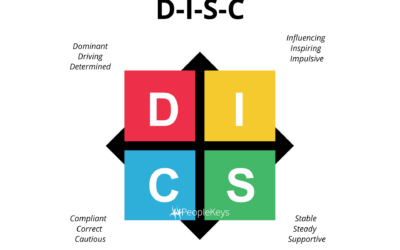Playtime? Seriously, for adults? Isn’t that being lazy? Isn’t that for the retired or for kids? Studies show that having regular segments of playtime can have a strong positive contribution to our mental health. Especially, nonconstructive playtime. What is meant by nonconstructive? Nonconstructive play is defined by any playtime, hobby, or activity that brings pleasure but does not have a specific point other than pleasure.
Here’s what we know about individuals who play frequently:
- They are more likely to have a good sense of trust.
- They have a greater ability to self-regulate.
- They are better at conflict resolution.
- They live longer.
- They have healthier relationships.
- They have an overall better sense of well-being.
Groups that play frequently also tend to be healthier, physically, emotionally, and socially. These groups can be families, friends, couples, teams at work, etc. In a study by Stanford University looking at 29 schools across the country. 17 had a thoughtful play program brought in and 12 that didn’t have any change. Here’s what they found in the schools that introduced a playfulness program.
- Kids felt safer. Not just when playing but also throughout the school day.
- The teachers reported quicker and smoother recovery time. The kids were more cooperative and transitioned between activities better.
- There was increase of physical activities and all the benefits of that.
- Bullying was 43% lower than the schools that did not have the playful play program implemented.
The amazing part was that bullying was not a part of the program. It was simply the introduction of play that had that much of an impact. As a matter of fact, this introduction of play had a bigger impact on bullying than any programs that were specifically focused on bullying.
Play, as well as rest, can provide us the opportunity to clear our heads, process emotional experiences, and sort our thoughts. So, if that is the case, it only makes sense that intentionally scheduling time to play helps us to be better humans.
My challenge for you:
- Schedule 2-3 times a week for playtime… more if you can. Your play can be solo or with others.
- Remember your humor and be more playful in all your interactions with others. Whether that be a family member, workmate, or the person behind the cash register as you’re checking out.
- Find an accountability partner so that you’ll stay true to this new commitment.
~Michele Burch Reid, MS
More From Michele
The “D” Style DiSC Personality Type Assessment
Dominant - Driver - Determined(Takes on Active Roles & is Task Oriented) General Characteristics:Good problem solver, Risk-taker, Strong ego, Self-starter, Goal-oriented Strengths: Administrative Leadership Delegator Responds to Direct Confrontation Blind...
What The DiSC Personality Type Style Measures
, What the DISC Measures: D - Measures How a person Solves Problems & Responds to challengesI - Measures How a person Attempts to Influence or Persuade othersS - Measures How a person Responds To Rules and RegulationsC - Measures the Pace at which a person...
Why Personality Type training can be effective?
, Personality Type training can be effective for a variety of reasons: Leadership Development: Knowing your inherent strengths and limitations is a vital part of effective leadership. Through targeted training, learn how to recognize your instinctive leadership...






